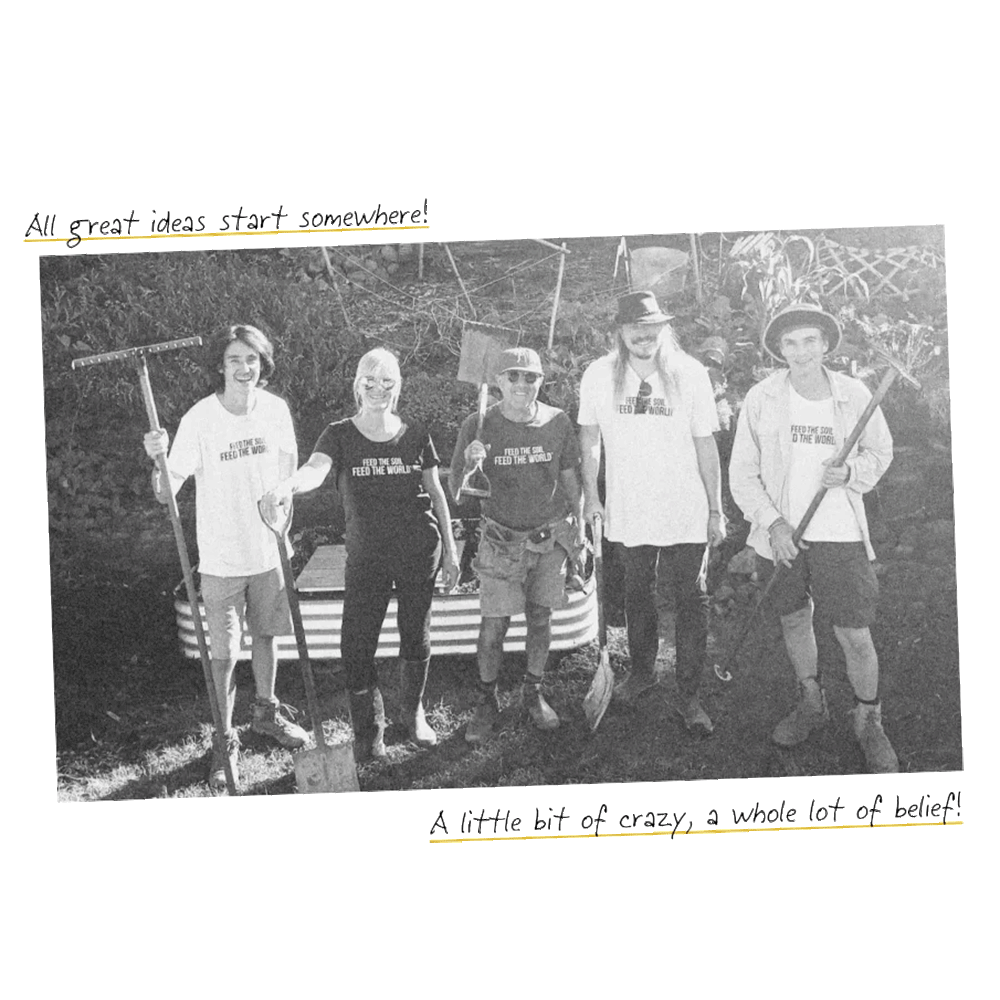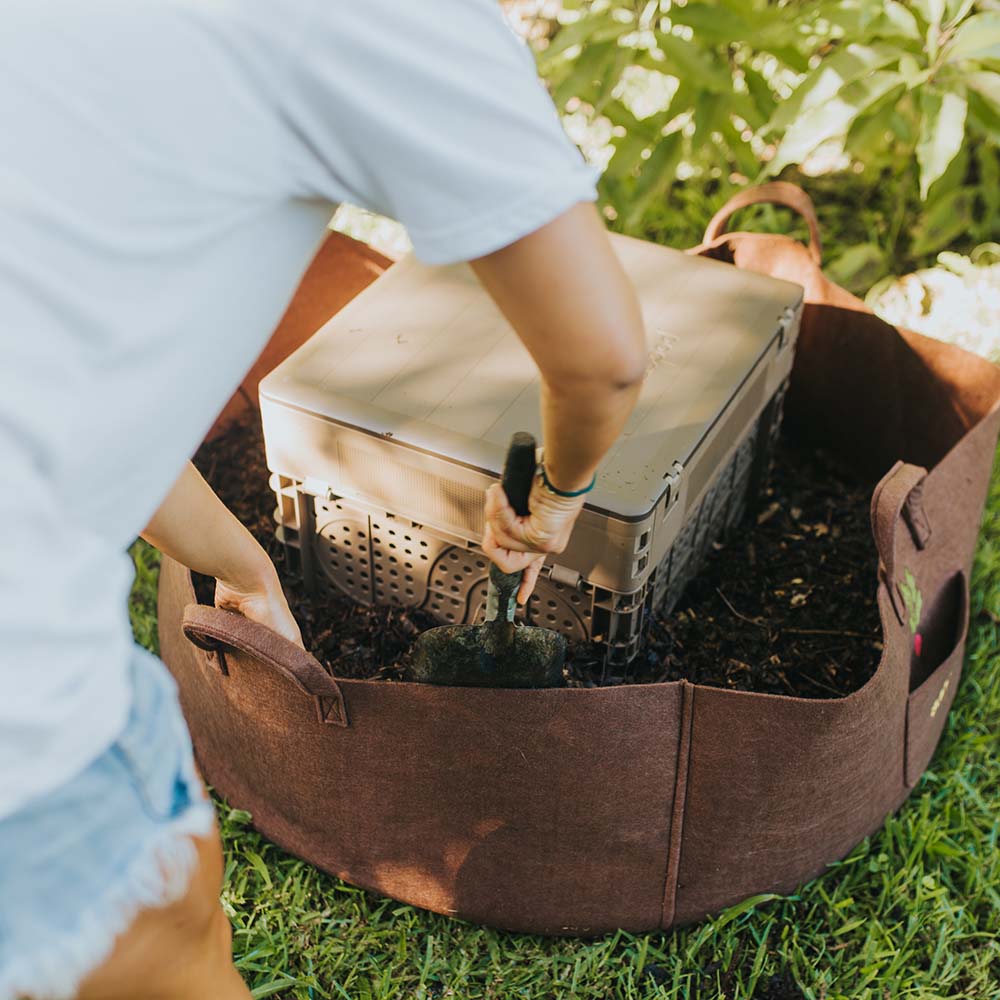Can You Compost Paper Towels
In this article:
Learn all about composting paper towels in this comprehensive guide. Discover if clean (and some dirty) paper towels are safe for composting, how to classify them as "green" or "brown" material, and what conditions to look for when composting. Find out if empty paper towel rolls can be composted and how long it takes for paper towels to decompose. Get step-by-step instructions on how to correctly compost paper towels and maintain a healthy compost pile. Start composting paper towels and contribute to a greener, more sustainable future.

Can you Compost Paper Towels?
Yes, these are easy to compost. Clean paper towels are generally safe for composting, just make sure that there are no non-biodegradable ingredients in their manufacture. It Is advisable to opt for unbleached or chlorine-free paper towels both for general use and for composting afterwards.
Are Paper Towels Considered a Green or Brown Composting Material?
When composting, it's crucial to maintain a balance between "green" (nitrogen-rich) and "brown" (carbon-rich) materials. Plain paper towels are classified as "brown" due to their carbon content. However, paper towels used to clean up food waste may contain some residual "green" material. When adding these soiled paper towels to your compost bin, they are effectively pre-balanced brown to green, depending on how much residue is on them. Paper towels used for soap, chemicals and other substances will be described below.
What to Look For When Composting Paper Towels:
To ensure safe and effective composting of paper towels, consider the following guidelines:
Safe for composting:
1. Clean paper towels or fragments of unused paper towels are safe for composting.
2. Towels used to dry wet surfaces: When they have only been used to absorb water or dry wet surfaces, but not soapy residues, they can be composted. Example: towels used to dry cast iron pans of water spots to prevent rusting.
3. Towels used with fruits and vegetables: Example: patting mushrooms dry after rinsing off growing media.
4. Towels used for runny noses can be composted.
5. Towels used to wipe food leftovers: Paper towels that have come into contact with food scraps can be composted.
Not safe for composting:
1. Towels used to wipe non edible oils, grease, etc.: Paper towels that have absorbed industrial oils, greases and solvents should be avoided.
2. Towels used with chemical cleaning products: Paper towels used with chemical cleaning agents should not be composted, as these chemicals may be toxic for the microbes breaking down the composting materials, or will contaminate the compost product afterwards.
3. Towels used to pick up animal waste: Paper towels used to handle animal waste may harbour disease and pathogens. It's best to dispose of them another way.
4. Towels potentially containing viruses: If a paper towel has been used by someone who is sick or suspected to have a contagious illness, it's safer to dispose of these towels as regular waste.
Can you Compost Empty Paper Towel Rolls?
Empty paper towel rolls are safe for composting. Tear or cut the rolls into smaller pieces and treat this as a brown material for composting.
How to Compost Paper Towels

To compost paper towels in a heap or pile method effectively follow these step-by-step instructions:
1. Sort out the paper towels that are safe for composting, based on the guidelines mentioned earlier.2. Before adding paper towels to the compost bin, tear them up into pieces. This distributes the pieces when aerating for faster decomposition.
3. Maintain moisture levels in the compost bin. Paper towels should be slightly damp, but not soaked, to encourage decomposition. If the compost becomes too dry, add water to maintain the ideal moisture level.
4. Layer the torn paper towels in the compost bin.
5. Balance the paper towels with other compostable materials. Add "green" materials as needed to maintain the ideal carbon-to-nitrogen ratio in the compost pile.
6. Regularly aerate the compost pile by turning it with a pitchfork or aerator. This helps provide oxygen to the microorganisms responsible for decomposition.
7. Monitor the composting process and make adjustments as needed. If the compost pile becomes too wet or develops an unpleasant odour, add more "brown" materials to restore balance.
How Long For Paper Towels To Decompose in a Heap?
Paper towels will break down rapidly in the compost, especially when they are in a moist compost system and in contact with green material. Regular aeration of the compost pile will accelerate decomposition. These should break down within weeks in the heap.
Compost Paper Towels Faster With Subpod
Paper Towels are easy materials to compost in a Subpod. If the towels are wadded up, moisten before adding. Towels should break down within a couple of days with no balancing of green or brown materials needed. Rolls should be torn into pieces and moistened before adding and they will break down within a week if buried below the surface of the bedding.

Subpod is the composting system that just makes sense, whether you’re composting Paper Towels or any other food waste. Subpod is an in-ground vermicomposting system, so it sits semi-submerged in your garden, with the lid protruding above the surface. The lid is also a garden seat - the best seat in the house after a good gardening session!
Lifting up the lid to your Subpod reveals the massive family of worms and microbes living inside. They’re waiting for your food waste, which you can feed them on a daily basis. Worms are really efficient compost makers, so any food waste you put in will be turned into nutritious compost in a surprisingly short time!
The Smell Free and Pest Free Solution
Subpod is a neighbour-friendly solution because it doesn’t create the odours associated with a traditional compost pile in the garden. The aerobic composting method it employs doesn’t create odours, and the enclosed Subpod contains any smells that are made.
An added benefit of this is it doesn’t attract pests or rodents. Even if they stumble across your Subpod, its robust design will keep them out. They’ll move on to easier pickings and you’ll maintain your solid neighbourly relations!
Beginner Friendly
If you’re just starting off on your compost journey, the beginner-friendly solution is Subpod. Setup will take you a few minutes, and once you’ve installed it in your outdoor space home it’s easy to use and maintain. Home composting will soon become an everyday part of your life!




